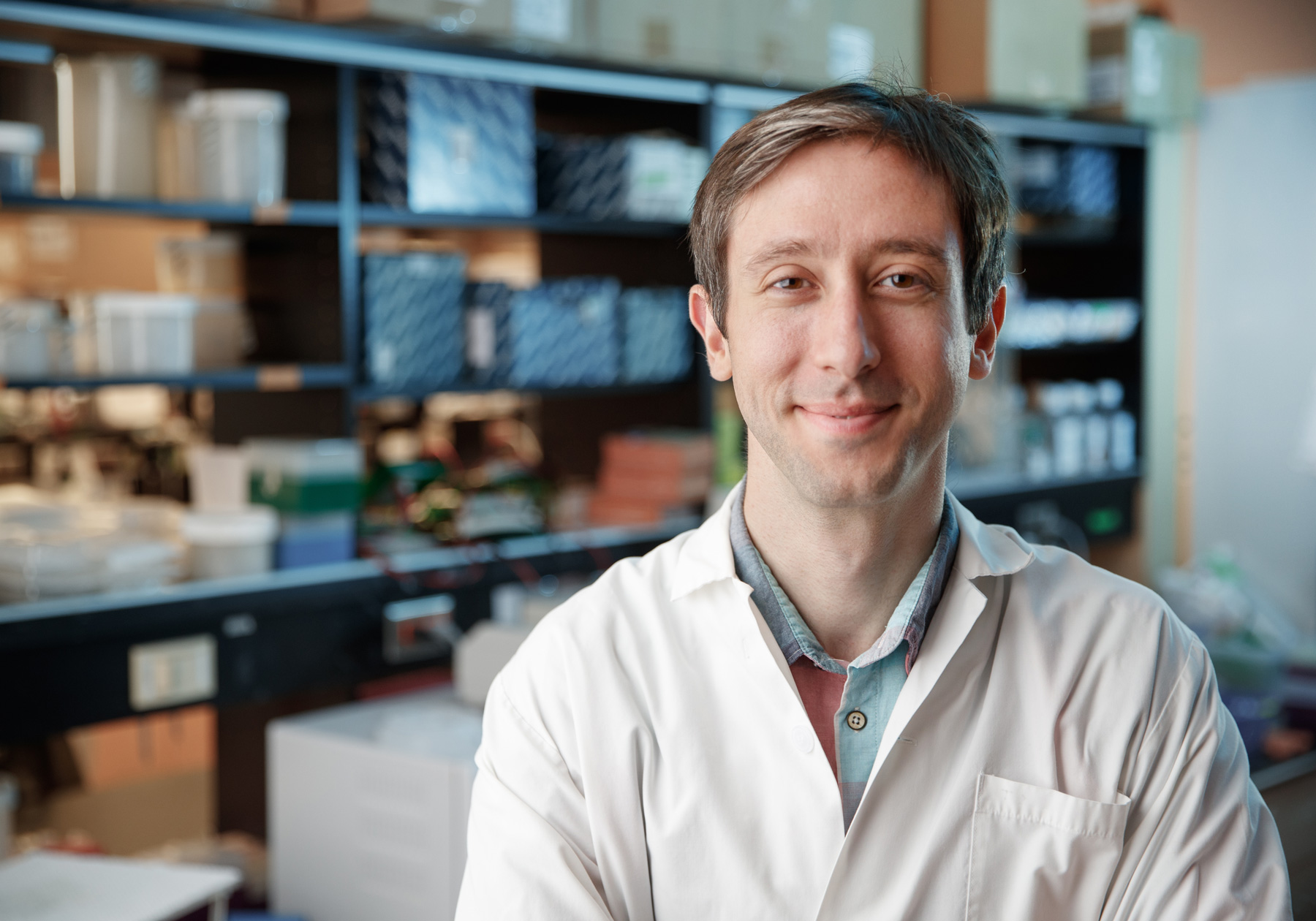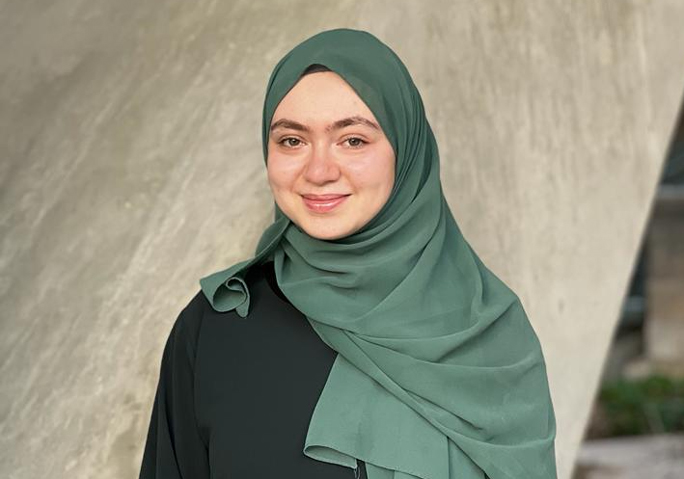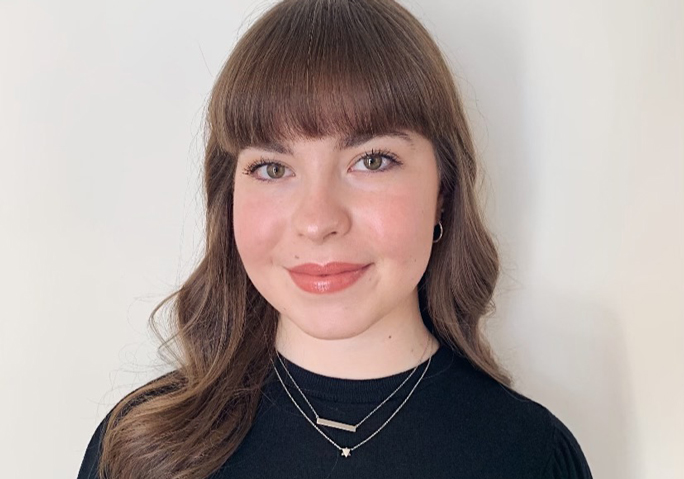Research Discipline(s): Basic, Translational
Primary Title: Scientist
Additional Titles & Affiliations:
RESEARCH TOPICS
Stem Cells, Cell Therapy, Synthetic Biology, Bioinformatics, Leukemia
Our mission is to develop safe, effective and affordable cell therapies for cancer and inflammatory disease
Research Summary
We use stem cells as a renewable resource to understand how immune cells develop and function. High dimensional single cell profiling, lineage tracing and perturbation screens allow us to understand the signalling networks and gene expression programs that control immune cell identity. We are using this knowledge to engineer better immune cell therapies and to understand how mutations corrupt cell identity to initiate leukaemia.
We are particularly interested in understanding how changes in the level and timing of gene expression impact immune cell differentiation and function. To answer this question, we are developing advanced synthetic biology tools for precisely engineering gene expression dynamics in human stem cells and immune cells. Our team has pioneered a technology called miSFITs that allows researchers to tune gene expression to within 1% of their desired level.
We are also interested in improving the efficiency of immune cell differentiation from pluripotent stem cells. T cell therapy is a life-saving approach to treating some types of leukaemia but obtaining and genetically modifying T cells from individual donors is very expensive. A single course of T cell therapy currently costs ~$500,000. Pluripotent stem cells can be grown indefinitely in the lab making them a renewable and cost-effective source of T cells for treating cancer. We recently developed a clinically translatable process for efficiently differentiating pluripotent stem cells into T cells. We are actively working to help bring stem cell-derived T cells to the clinic.
Goals
ol>
Research Biography
Dr. Yale Michaels obtained a bachelor’s degree in molecular and cellular biology from Harvard University where he conducted origins-of-life research in Professor Jack Szostak’s lab. He completed a PhD (DPhil) in Medical Science at Oxford University’s Weatherall Institute of Molecular Medicine under the supervision of Professor Tudor Fulga and Professor Tom Milne. The subject of his doctoral thesis was developing a new tool for precisely controlling gene expression levels in mammalian cells.
From 2019 to 2022, Yale was a Banting and Michael Smith Health Research BC postdoctoral fellow in Professor Peter Zandstra’s lab at the University of British Columbia’s School of Biomedical Engineering. While in the Zandstra lab, Yale developed a clinically translatable method for differentiating pluripotent stem cells into T cells. Yale joined CCMR in the Spring of 2023.
Achievements
- List coming soon
-
Featured Publications
- https://www.nature.com/articles/s41467-019-08777-y
- https://www.science.org/doi/full/10.1126/sciadv.abn5522
- https://link.springer.com/protocol/10.1007/978-1-4939-6866-4_7
- https://www.embopress.org/doi/full/10.15252/msb.202110886
- https://www.frontiersin.org/articles/10.3389/fimmu.2020.00326/full
- https://www.nature.com/articles/s41536-022-00210-1
Publications List
Cell Programming Lab

The goal of the Cell Programming Lab is to develop better, safer and more affordable cell therapies for cancer and immune disease. To accomplish this goal, we undertake an iterative cycle of “reading” and “writing” the instruction manual for cellular identity. Through single cell genomics and computational modelling, we can “read” the gene expression programs that control cell fate and function. We use genome engineering and synthetic biology to “write” new instruction into the genome to improve differentiation of stem cells into immune cells and to enhance the therapeutic functionality of immune cell therapies.
Our Team

Yale Michaels, PhD
Principal Investigator

Huda Alfarekh
Co-op Student

Dana Segal
Research Technician

Matt Major
Visiting Research Student

